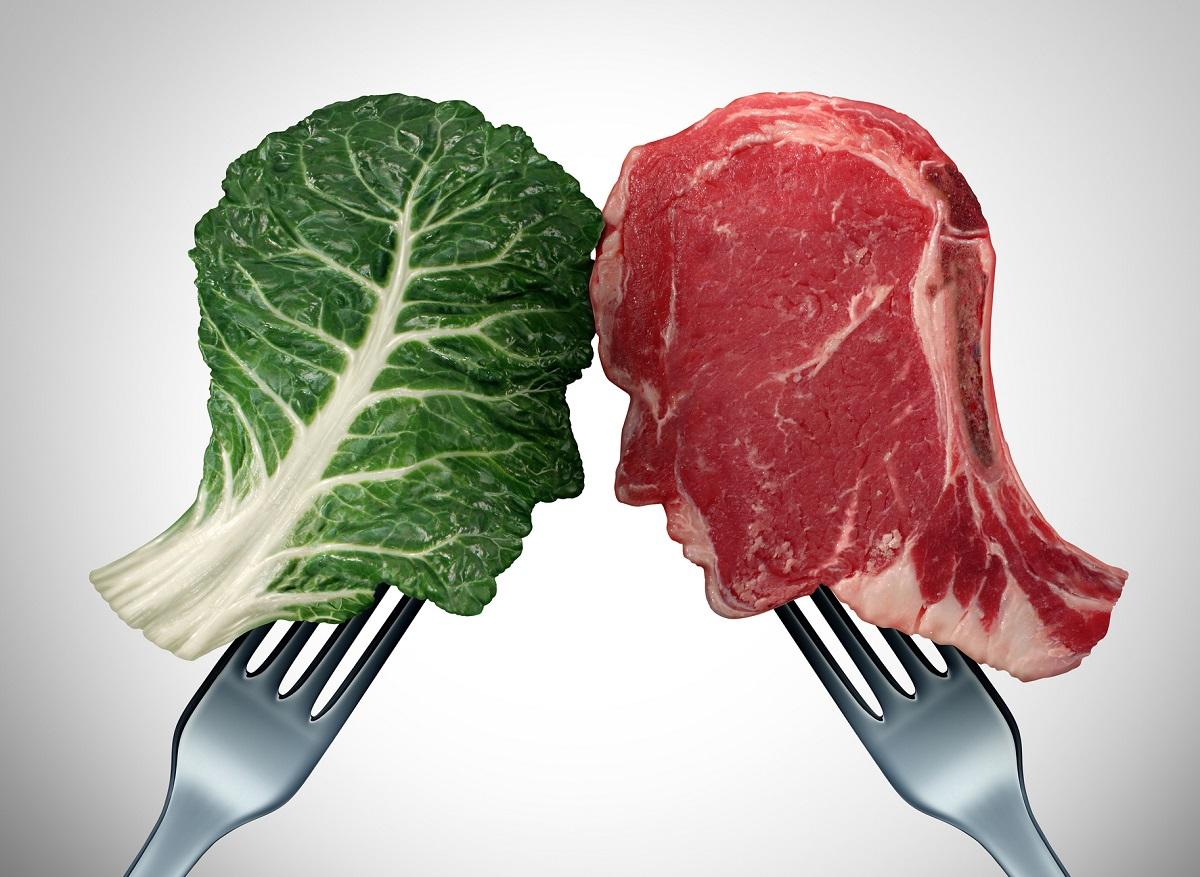To lose weight when you are too fat, you must first eat less. And eating less means first stopping snacking. However, eating outside of meals has become a daily habit for more than a third of French people.

- Stop snacking: This is the main source of weight gain, especially fatty and sugary foods.
- Eat at regular times: 3 to 4 meals a day promote satiety and limit cravings.
- Identify your triggers: stress, boredom, advertising… Find other things to do and consult a professional if necessary.
Science has not proven with certainty that eating makes you fat. On the other hand, not eating makes you lose weight. We are certain of that! Consequently, there is no weight loss without reducing your intake. You don’t need to be “high school graduates” to understand this and, above all, to be convinced of it. Anyone who claims otherwise is wrong. Some, pushed into this by a few dramatic diets, favor the unlimited consumption of a single category of foods, which opens the door to deficiencies and, above all, to the “yo-yo” diet: I lose a little and I gain a lot back.
The simplest way to be sure to reduce intake is to absolutely ban snacking. It is the main factor in obesity in industrialized countries. It is a fact of our society: all those who are overweight snack. In front of the television, in response to the solicitation of advertising or fast-food brands. As soon as they get home, before collapsing in front of the screen, or between two programs, the first reflex of the “fat” is to visit the refrigerator… Most often, in a standing position and at an impressive speed. Snacking very quickly becomes gluttony.
To lose weight, you should try to eat at regular times.
By respecting at least 3 or 4 meals a day according to habits: breakfast, lunch, snack (or snack at another time), dinner. Snacking is eating outside of meals. The definition couldn’t be simpler and everyone knows if they snack and what to do to stop snacking. It’s the easiest and most effective way to eat less, in a single decision.
The role of food industry and advertising in snacking
It is true that the food industry quickly understood the colossal economic stakes represented by snacking. This market of the “fifth permanent meal” responds to a simple characteristic: to provide snackers with foods that are easy to access and consume, responding if possible to our innate taste for sweet things and to what gives our food flavor, fat. Fatty and sugary, you will recognize the chocolate bars, fruit pastes, micro cold cuts that all the supermarkets offer in monstrous shelves. These products are influenced by fashion and social factors that make them formidable and difficult to combat. Of course, sugars are easily spotted. This is not the case for hidden fats, which are also of poor quality.
Television advertising is often responsible for the intensification of snacking, especially in children, by triggering an abnormal hunger signal, because it is outside the usual rhythm of food intake. Feeling of hunger, cravings, snacking: the vicious circle sets in. This is, along with inactivity, the main explanation for the obesity epidemic, particularly in children, which is raging in the United States.
Snacking does not happen by chance, and not everything can be blamed on manufacturers and television. Everyone has their own version: stress, anxiety, unbalanced meals, hunger… It’s true that there are many explanations.
For the “inveterate snacker”, anything goes for snacking.

















